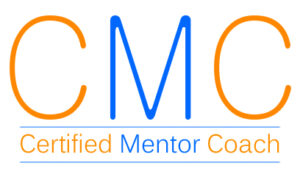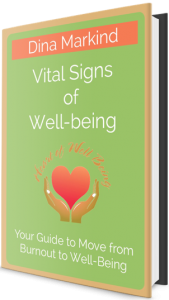Research suggests that an attitude of gratitude can improve heart health by improving psychological, emotional and physical well-being. Adults who feel grateful have more energy, more optimism, more social connections and more happiness than those who do not. Correspondingly, they are less likely to be depressed, envious, greedy or alcoholics. They sleep more soundly, exercise more and have greater resistance to viral infections. This sounds like a recipe for heart health.
Gratitude requires self-reflection and humility at times to acknowledge our own limitations, as well as a certain amount of dependence on others and the external world. With gratitude there is a shift from the focus on what is lacking, to a focus on blessings; this focus helps ward off depression and builds resilience in times of stress, grief and disasters.
I’m grateful to you, my readers and my clients, for the learning and understanding I have developed through you and for being able to take part in your transformative journey. I’m looking forward to getting to know you better and being of even more service to you in the days and years to come.
Don’t leave your gratitude at the Thanksgiving table. If you would like to be more in touch with your gratitude and use it to motivate you, consider coaching with Heart of Well Being. Click here to learn more.
Below are some things you can do to maintain your attitude of gratitude. The list is a little long, and there are still plenty of others way to experience and express gratitude.
Keep a gratitude journal – at least weekly note down several things you are grateful for. Be specific and express what it is about the person or experience that you are most grateful for.
Find a gratitude buddy– You’ll be accountable to each other to swap gratitude lists. Acknowledging to another where gratitude is due provides perspective.
Pause mindfully – During the day occassionally stop what you are doing and ask yourself, “What have I received and from whom? and What have I given?” Reflecting on those who have touched your life, from the bank teller to the workers at the supermarket, forces acknowledgement of our interdependence. This can become a daily ritual on your way home from work, preparing to eat a meal or anytime convenient for you.
Watch your language – Fill your head with positive thoughts, express thanks and encouragement aloud; look for things to be grateful for not criticize. Avoid using critical words; even in talking to yourself, these reinforce negative thoughts.
Express gratitude to the one who you are grateful to – write a letter of thanks to someone who has helped you in the past, send it to the person, or read it in person or over the phone. This can be very uplifting.
Count blessings not sheep – review events and people to be grateful for as you’re falling asleep
Savor good times – This is the value of albums and pictures in one’s home or office. Photographs, drawings, videos and written accounts help reinforce memories.
How do you express Gratitude?





